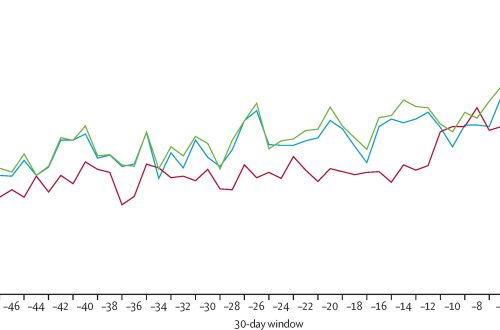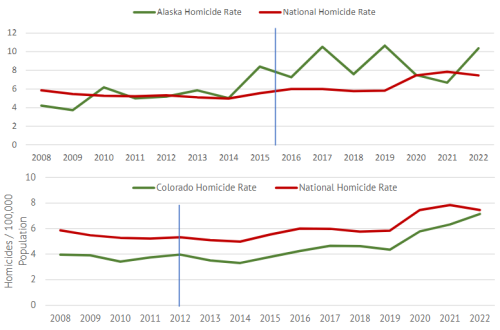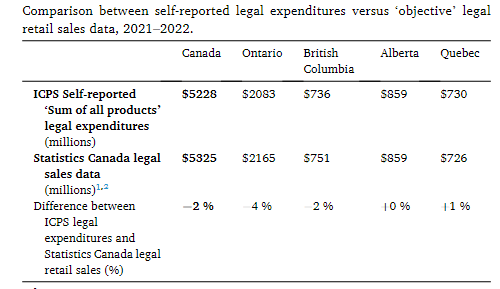Drug Policy Question of the Week – 7-25-12
As answered by Mary Jane Borden, Editor of Drug War Facts for the Drug Truth Network on 7-25-12. http://www.drugtruth.net/cms/node/3945
Question of the Week: What are drug control models?
The abstract of a 1996 article that appeared in the Journal of Policy Analysis and Management began,
“The debate over alternative regimes for currently illicit psychoactive substances focus on polar alternatives: harsh prohibition and sweeping legalization.”
Indeed, according to a Thomas Jefferson School of Law article,
“The central principle of [U.S.] drug war strategy has been that vigorous enforcement of increasingly strict criminal laws, though expensive, is necessary to reduce drug abuse and related problems.”
However, the article goes on to note,
“… that the overwhelming public support for ever-more punitive drug policies during the 1980s and early 1990s has disappeared and we now see substantial majorities in favor of reform measures. … voters have generally embraced proposals to move state and local drug policies away from the drug war strategy.”
But what are these alternative proposals and strategies?
As noted by the Global Commission on Drug Policies,
“There is much confusion in the literature and public debate about the terms decriminalisation, depenalisation, legalisation and regulation. Universally accepted definitions do not exist and interpretations frequently vary even within the same language.”
Canadian researcher Mark Haden stated in a 2004 article in the International Journal of Drug Policy,
“We need to ask new questions. The question “how do we stop drug use?” is not as useful as the question “how do we regulate the market for drugs in a way which increases social cohesion and minimises harms?”
The next few Drug War Facts segments will focus on reviewing the spectrum of options available as drug control models that will hopefully answer this question.



